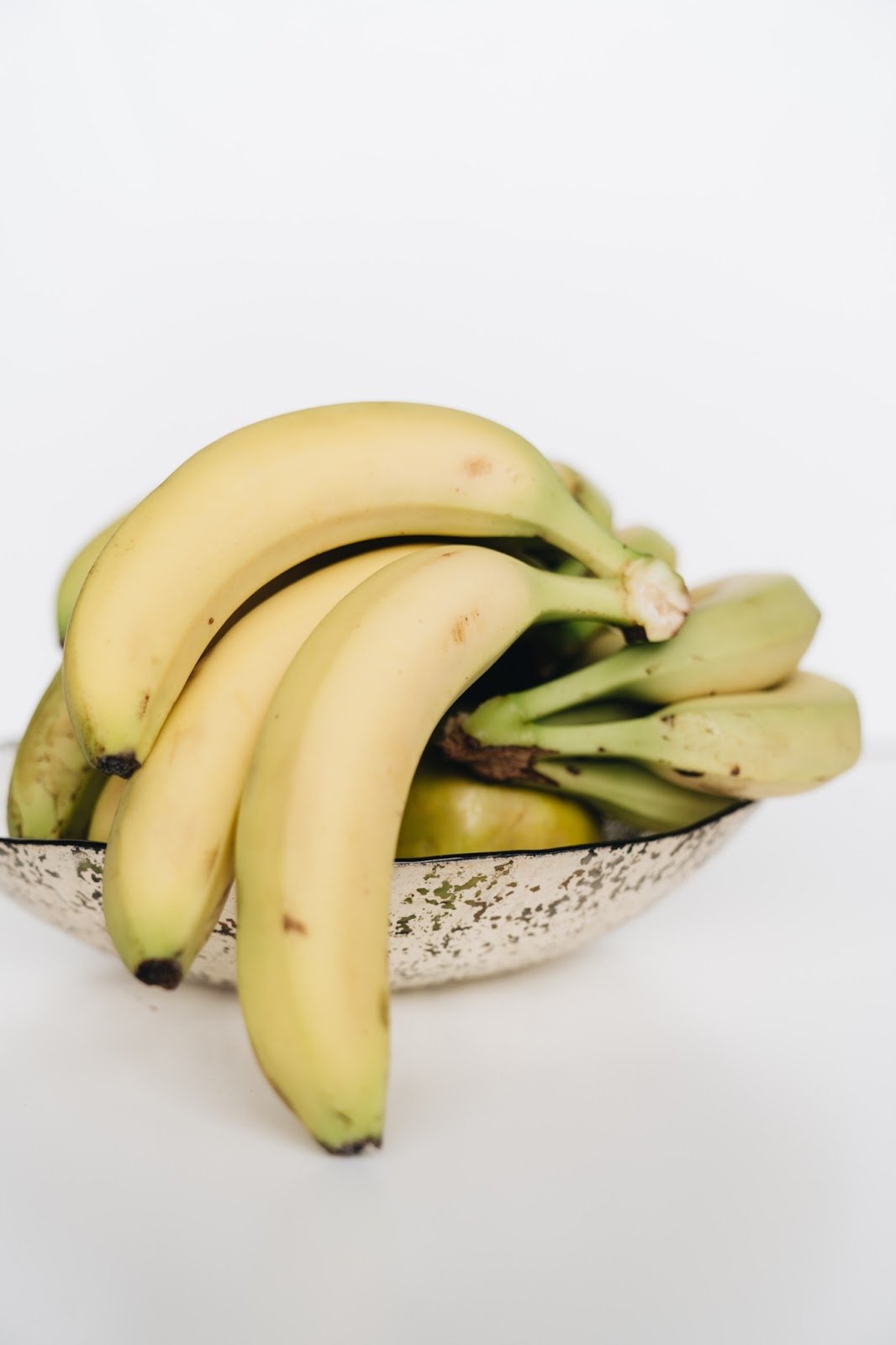Crohn’s disease is a unique condition in that everyone who has it experiences it differently. We don’t know what causes Crohn’s and there’s no known cure, so if you’ve been diagnosed you’ll need to learn to manage the disease to achieve an optimal quality of life. In this article, we’ll look at the signs of Crohn’s, known risk factors, the process of getting diagnosed, treatment options, and lifestyle choices that can help you live a full, enjoyable life.
What Is Crohn’s Disease?
Crohn’s disease is a type of inflammatory bowel disease (IBD) characterized by chronic inflammation within the gastrointestinal (GI) tract. Inflammation is one of the body’s ways of dealing with potential bacterial threats. In a healthy GI tract, the immune system combats pathogens using inflammation, then switches it off when the threat is neutralized. In Crohn’s disease, the system neglects to flip the switch on its inflammatory response when the job is done, resulting in chronic inflammation.
Signs and Symptoms of Crohn's
Symptoms of Crohn’s disease (and other inflammatory bowel diseases, such as ulcerative colitis) result from the inflammation stimulated by the disease. Each person who has Crohn’s will have a unique set of symptoms, as symptoms vary depending on the severity of the inflammation and its location within the gastrointestinal tract.
Many people who are living with Crohn’s will experience a mixture of whole body and gastrointestinal symptoms, including:
- abdominal pain
- diarrhea
- blood in the stool
- fatigue
- weight loss
And in some cases:
- loss of appetite
- vitamin and mineral deficiencies
- mouth ulcers
- fever
- rectal bleeding
- joint pain
- eye irritation
- skin complications
- night sweats
Causes and Triggers of Crohn’s
We don’t know what causes Crohn’s, but research shows that it’s multifactorial, with a genetic component, dysregulation of immune responses, and environmental influences. (We’ll dive deeper in the “risk factors” section.)
Crohn’s Flares
Crohn’s is a chronic disease with distinct periods of flares and remission.
During the remission phase, you may feel fine – you’ll likely be energetic, your bathroom habits will be typical, and you won’t experience discomfort as you do during a flare. In addition, a visit to the doctor’s office during remission may reveal normal levels of inflammation within your body.
The flare phase looks quite different. Symptoms may come on gradually or all of a sudden, and you’re likely to notice abdominal discomfort, fatigue, and diarrhea or bloody stool, among other symptoms.
Crohn’s Flare Triggers
- medication – too much, not enough, or the wrong ones. Missing a dose of a medication prescribed for your Crohn’s, for example, can trigger a flare. Antibiotics (which are also used to treat Crohn’s in some cases) or NSAIDs (such as ibuprofen) can be triggers.
- stress – emotional or physical. Pushing yourself too hard for too long, dealing with everyday stress or exceptional, rarely encountered stressors can all trigger a flare. Emotional stressors can include workplace issues, family tensions, conflict with friends, and other situations that leave you feeling unhappy or drained emotionally. Sources of physical stress that result in immune distress include infections, long-term toxin exposure, malnutrition, injury, lack of sleep, and more.
- foods and beverages. Certain foods, such as greasy french fries, spicy curry, or carbonated soda, can be flare triggers.
Crohn’s Flare Treatments
If you’re experiencing a flare, your health care provider may recommend corticosteroids to treat your acute (in-the-moment) symptoms. Corticosteroids should help tame your flare, but they aren’t suitable for long-term use. Once your flare is under control, it’s good to discuss your symptoms, medications, and holistic therapies with your health care provider. Your body and your Crohn’s disease can change constantly, and a drug or therapy that may have worked in the past may not be the best option now.
Crohn’s Risk Factors
Crohn’s disease runs in families, and up to half of those with Crohn’s have a mutation of a gene that encodes the NOD2 protein, which is responsible for sampling bacteria and telling the immune system what to do about them (friend or foe?).
Researchers suspect that the abnormal immune response that leads to excessive intestinal inflammation in people with Crohn’s may be linked to the genetic mutations that affect bacteria handling.
Your body’s genes, including those involved in immune response, respond to environmental factors. While your environment and lifestyle choices don’t determine which genes are present in your body, they can influence how effectively your genes carry out their functions within the body.
Environmental factors that affect gene function (and may increase your risk of developing Crohn’s) include smoking, antibiotic use, and exposure to other acute or chronic emotional or physical stressors (including conflict, discontentment, toxin exposure, and malnutrition).
Remember, all these components are just risk factors. None of them cause Crohn’s and more research is needed to determine what does.
How Is Crohn’s Disease Diagnosed?
Some tests for Crohn’s disease can be conducted in your primary care provider’s office. Other tests are more likely to be conducted at a hospital or a specialist’s clinic because they require specialized equipment.
Blood Tests for Crohn’s
It’s worth noting that a blood test alone can’t definitively diagnose Crohn’s. It can, however, be a first clue in the journey toward diagnosis. Blood tests are also helpful in disease evaluation and monitoring.
Doctors use many different blood tests to assess people with Crohn’s (and people they suspect may have the condition). In all types of blood analysis, they’re looking for signs of inflammation as well as signs of complications linked to Crohn’s, such as anemia and nutritional deficiencies. In cases where they suspect a genetic predisposition, a doctor may use a blood test to check for variations in the NOD2 protein. (Source)
Stool Tests for Crohn’s
Your doctor may ask for a stool sample to check for blood, abnormal bacteria and parasites, and signs of inflammation. Stool tests, like blood tests, can’t be used alone to diagnose Crohn’s. Much of the value in a stool test for Crohn’s lies in its ability to rule out other conditions that cause similar symptoms. For example, certain bacteria and parasites can show that a person’s digestive issues are caused by something other than Crohn’s.
Endoscopy and Colonoscopy for Crohn’s
There are several types of endoscopy that doctors routinely use to diagnose and assess Crohn’s disease.
Traditional Endoscopy
In a traditional endoscopy, the doctor uses a thin, flexible tube with a camera and light on the end to visually assess the digestive tract. In an upper endoscopy, the doctor examines the esophagus, stomach, and upper part of the small intestine by inserting the tube into the digestive tract through the mouth. In a lower endoscopy, also called a colonoscopy, the doctor checks the lining of the colon (or large intestine) and the lower part of the small intestine by inserting the tube through the anus.
An endoscopy sounds unpleasant, but plenty of people have them, and endoscopy equipment is specially designed to make the procedure as comfortable as possible. Patients may be instructed to fast or take laxatives before the procedure, and they may be offered a sedative. In all cases, the health care professional performing the test will use some sort of anesthetic, either local (where you’re awake but the area is numb) or general (where you’re asleep), to make sure it doesn’t hurt.
Capsule Endoscopy
A capsule endoscopy may be used to assess a section of the gastrointestinal tract that’s difficult to reach with a traditional endoscope, or if the results from a previous endoscopy were inconclusive.
In a capsule endoscopy, the patient swallows a small, clear capsule with a camera inside. The camera records everything it encounters from the time it’s swallowed until it exits the body through a bowel movement. You will be asked to fast before the procedure, and you may need to take a laxative to ensure the camera can capture clear images all the way through the digestive tract.
Other Imaging Tests for Crohn’s
X-Rays
A traditional X-ray of the abdominal area can show changes in the intestine, including widening, narrowing, and perforation — all signs of the inflammation and scarring that may result from Crohn’s. If you already have a Crohn’s diagnosis, an X-ray can help check for complications.
A CT scan is a type of three-dimensional X-ray that provides more information than a traditional X-ray. With CT enterography, a swallowed contrast material is used to better view the intestines and help narrow down the location and assess the severity of the disease. It can also help rule out other conditions in patients seeking a diagnosis.
White Blood Cell Scan
In a white blood cell scan a patient’s blood sample is sent to a lab, where the white blood cells are tagged with a special compound that’s detectable through imaging. The tagged white blood cells are then re-injected into the patient, and imaging is used to track the cells as they redistribute within the body. White blood cells are attracted to inflammation, so an abnormally dense collection of cells in one place can indicate where, and how much, inflammation Crohn’s is causing in the GI tract. (Source)
MRI
While endoscopy and CT enterography are considered the standards for diagnosing Crohn’s, an MRI is another option, with results comparable to CT enterography. (Source)

Prognosis of Crohn’s
If you are diagnosed with Crohn’s disease you will have the condition for life. Living with Crohn’s may seem daunting, especially if you’ve just been diagnosed, but with the right treatments, therapies, and lifestyle choices, most people with Crohn’s are able to live complete and fulfilling lives.
Research shows that people with Crohn’s have a life expectancy comparable to those without the disease, but also that those with well-managed symptoms enjoy significantly better mental health and quality of life than those whose symptoms are poorly managed. (Source, Source)
Potential Complications of Crohn’s
Potential complications of Crohn’s disease include:
- intestinal obstructions, where some areas of the intestines become so thick that they narrow the passageway and restrict the movement of food or stool
- abscesses, where inflammation passes through the intestinal wall and causes a pocket of infection to form
- ulcers, where inflammation weakens any section of the gastrointestinal tract (from the mouth to the anus) and triggers open sores
- fistulas, where inflammation tunnels through the intestinal walls, creating passages that shouldn’t be there
- anal fissures, which are spots of irritation that can be itchy or painful and may bleed
- inflammation somewhere outside the gastrointestinal tract, such as in the eyes, skin, or any of the joints
- malnutrition that’s caused by the body’s inability to digest food and absorb nutrients optimally
And rarely, in exceptionally severe cases:
- rupture of the bowel or intestinal perforation, where inflammation progressively weakens the intestinal wall until a hole develops
- colon cancer, which is linked to a flaw in cells that results from the constant replenishing of cells that are damaged by inflammation
- toxic megacolon, where the colon widens quickly, leading to painful abdominal bloating, diarrhea, and possible sepsis

.svg)
.png)


.webp)










.webp)



.png)

 (1).webp)









 (1).jpeg)

.webp)
.webp)

.webp)

 (2).webp)

%201 (1).webp)

 2 (1).webp)




.svg)
.svg)